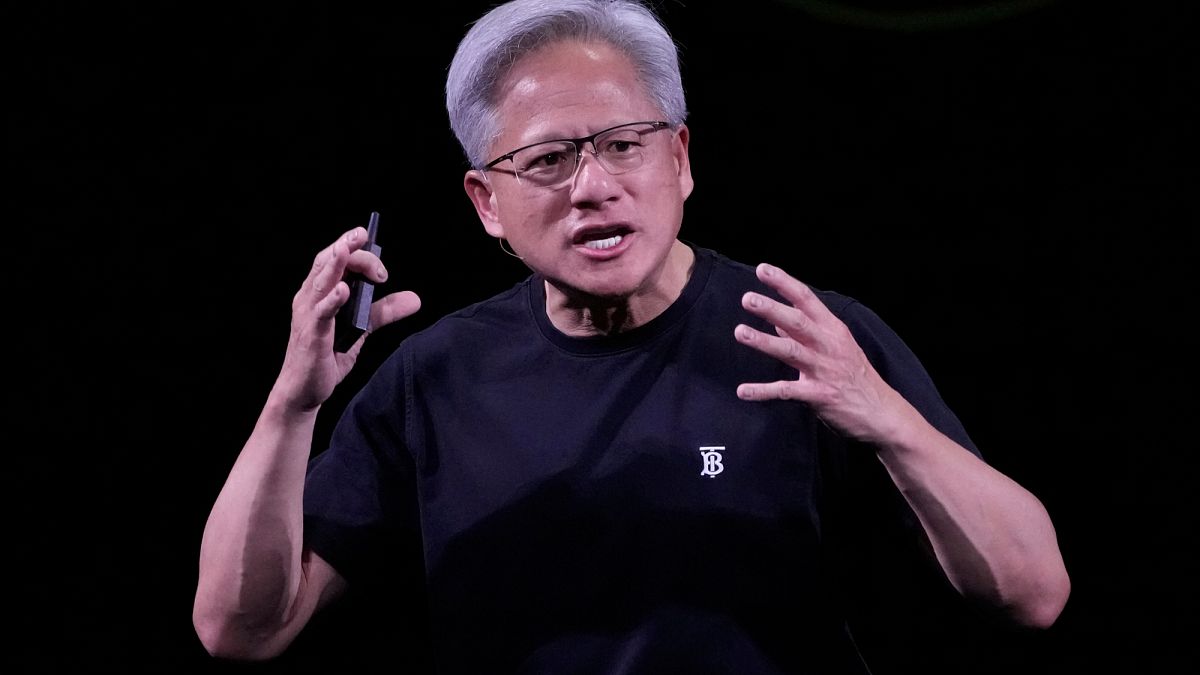

In recent global developments, technology and infrastructure have demonstrated significant strides forward, illuminating a path of progress across various domains. Whether in international trade, regional safety, legislative initiatives, or energy advancements, each step taken reflects the evolving landscape of modern civilization.
US Eases Export Restrictions on Nvidia Chips to China
The US government has recently made a pivotal decision regarding the export of advanced technological goods, granting permission for Nvidia to resume sales of its H20 chips to China. This decision follows the reversal of an earlier ban enacted in April, showcasing a shift in trade policies that may foster better technological exchange between the two global giants. This move not only benefits Nvidia but also paves the way for enhanced cooperation and interdependence in technological sectors, nurturing a market environment that supports innovation and growth.
Italy Implements Earthquake Early Warning System on Railways
In Italy, a significant advancement in public safety has been achieved with the deployment of an Earthquake Early Warning System on the Rome–Naples railway line. This pioneering system is the first of its kind in the country and utilizes an intricate network of sensors to detect seismic activity. Upon sensing potential tremors, the system has the capability to automatically halt trains, thereby safeguarding passengers and personnel from potential harm. This implementation reflects a commitment to innovation in public safety infrastructure, ensuring that technological advancement directly translates into enhanced protection for citizens.
European Union’s AI Code on the Horizon
The European Union is on the cusp of introducing a significant regulatory framework designed to foster a responsible and ethical landscape for artificial intelligence. The EU’s AI Code is poised for endorsement by both member states and the European Commission, marking a critical step towards its implementation. This Code aims to guide AI providers in aligning with the EU’s AI Act, establishing a benchmark for transparency and accountability in AI systems. As companies prepare to adopt this Code, the EU continues to lead efforts in harmonizing innovation with ethical considerations, ensuring that technological progress is fully aligned with societal well-being.
Europe’s Energy Future: Modernization and Sustainability
As Europe looks ahead to its energy-intensive future, there is a pressing need for modernization to meet increasing demands sustainably. The continent is at a juncture where integration of cutting-edge technologies and renewable resources will define its energy strategy. This transition emphasizes not only efficiency but also resilience, recognizing the role of diverse energy sources in achieving long-term sustainability. As policies and practices evolve, Europe stands committed to fostering a balanced energy ecosystem, preparing itself to meet the dynamic challenges of future energy needs.
The aforementioned developments across these sectors are indicative of a broader narrative of progress and adaptation. As nations and regions increasingly prioritize technology, safety, regulatory foresight, and sustainability, the global community can look forward to a future marked by greater resilience and interconnectedness. Each initiative and policy serves as a brick in the foundation of a more advanced, secure, and equitable world.
Source: {link}
